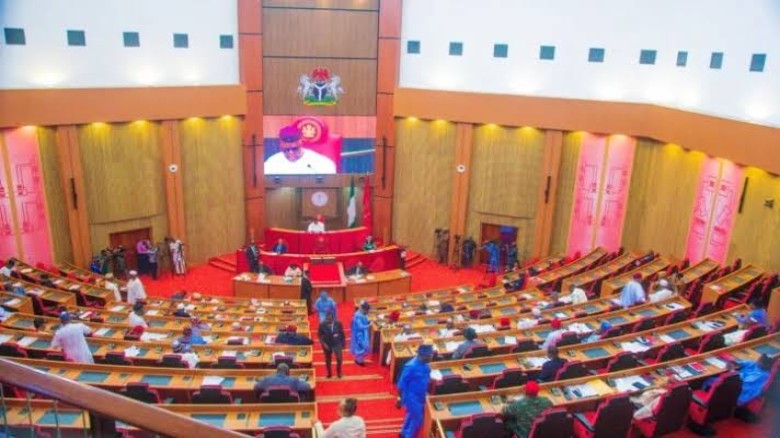UNICEF: Nigeria's Education System Faces Challenges in Retaining Students
The United Nations Children's Fund (UNICEF) has stated that Nigeria's education system is facing significant challenges in student retention, transition, and completion, particularly in the North East and North West regions of the country.
Speaking at a two-day regional stakeholder meeting on out-of-school children and retention, transition, and completion models in Bauchi, Gombe, and Adamawa states, UNICEF's Bauchi Chief of Field Office, Tushar Rane, noted that the situation has deteriorated compared to 10 years ago.
According to Rane, over the past decade, the situation has worsened, with a substantial number of primary and junior secondary school-age children out of school, totaling 10.2 million and 8.1 million, respectively. This places Nigeria at the forefront of global education challenges.
“Only 63 percent of primary school-age children regularly attend school. Only 84 percent of children transition to junior secondary school after completing primary education. Less than 50 percent—or about 2.4 million—of the 5.9 million children who start Primary Grade 1 in Nigeria continue through to the end of Junior Secondary Grade 3,” he noted.
In his speech, Yawoji Ahmed Bala, a director from the Gombe State Universal Basic Education Board, identified early marriage, peer pressure, and social norms as factors contributing to the high number of out-of-school children.
The stakeholders' meeting aimed to secure a collective commitment to develop and implement strategies to reduce the number of out-of-school children and improve retention, transition, and completion rates, particularly among adolescent girls and boys in secondary education.
The meeting, attended by state commissioners of education and executive secretaries of the state SUBEBs, underscored the urgent need for coordinated efforts to address the challenges facing Nigeria’s education system.
























Leave A Comment